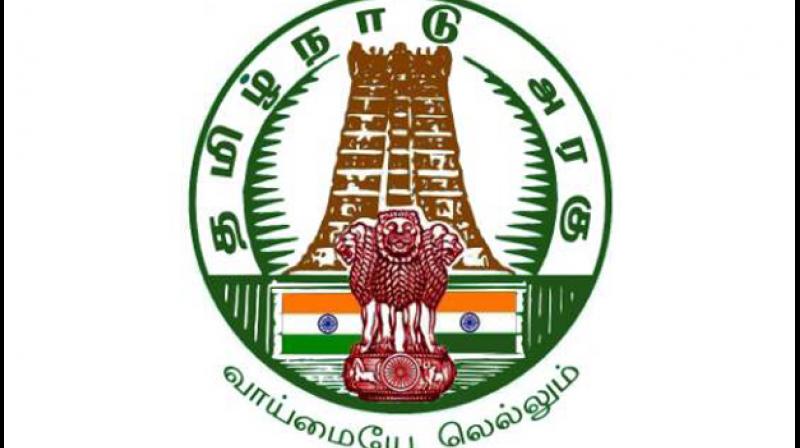NGT slaps Rs 100 crore fine on Tamil Nadu government
The NGT has also summoned the chief secretary before the Tribunal on April 24, 2019.

Chennai: Criticising the Tamil Nadu government for its failure to protect the Buckingham Canal, Adyar and Cooum rivers, the National Green Tribunal, New Delhi, has slapped a fine of Rs 100 crore on the state and directed the government to take action against entities responsible for polluting the water resources. The NGT has also summoned the chief secretary before the Tribunal on April 24, 2019.
The principal bench headed by chairperson, Justice Adarsh Kumar Goel, judicial member justice. K. Ramakrishnan and expert member Dr Nagin Nanda, before which petitions filed by social activist, Jawharlal Shanmugam and others came up for hearing said,
“In view of consistent failure of the state so far, we are tentatively inclined to require the state to pay Rs 100 crore as compensation for damage to the environment to the Central Pollution Control Board (CPCB) for past failures to prevent damage to the environment. The amount may be used for restoration of the environment.”
The bench said, “However, before taking a final view, we will constitute a joint committee comprising representatives of CPCB, Indian Institute of Sciences, Bengaluru, Madras School of Economics, NEERI and the State Pollution Control Board.”
The committee may assess the causes and quantum of damage to the environment as well as further steps required for restoration of the environment, which are not covered in the action plan.
The Tamil Nadu Pollution Control Board will be the nodal agency to coordinate and comply with the orders of the Tribunal. The committee may give its report within three months, the bench said.
Refusing to accept the contention of the state that it will implement an eco-restoration plan within eight years and the major activities will be completed in three years, the bench said, “Having regard to the track record of repeated failures in the past, the stand now taken by the state should not be taken at its face value.” The action of the state is not consistent with the constitutional obligations under Articles 21, 48A and 51A of the Constitution to prevent pollution of water and air.
Therefore, the state may deposit a suitable amount towards interim compensation for damage to the environment and also take a performance guarantee to ensure that the present action plan is implemented within timelines given by the state. An expert study may also be conducted in the meantime, the bench added.

